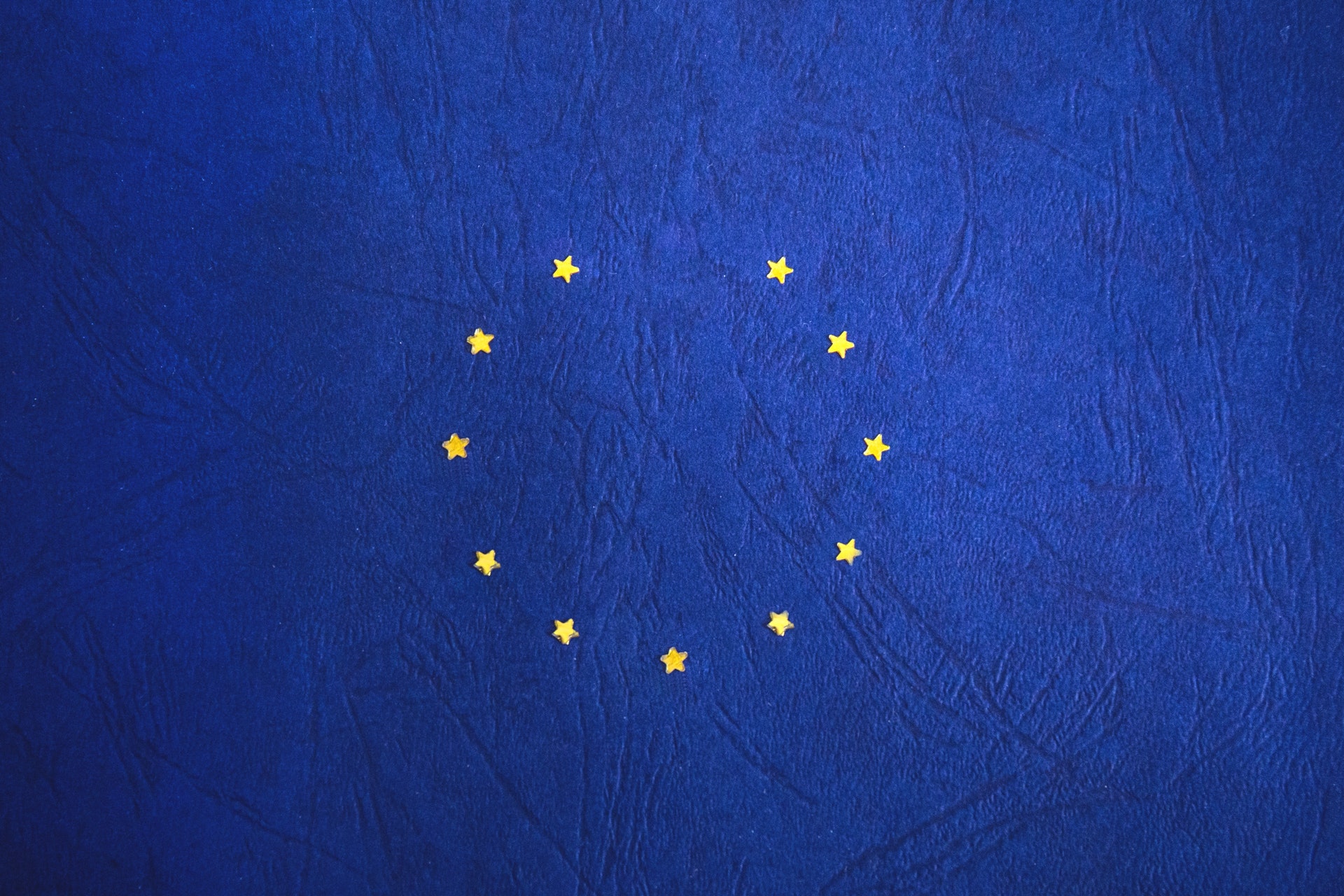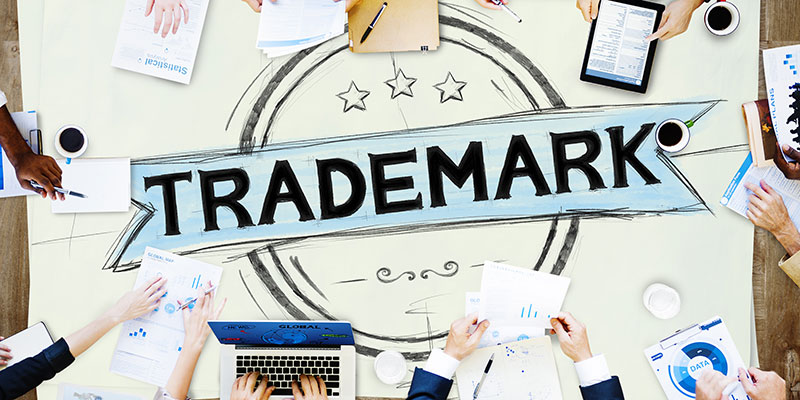Now Reading: Trademark Registration Law in the EU
-
01
Trademark Registration Law in the EU

Trademark Registration Law in the EU
Trademark Registration Law in the EU is determined by the statutes set forth by the European Union as well as its member states. While there are a few minor differences in trademark law across different EU countries, the goal of the EU is to harmonize trademark law amongst its member states. It does this by encouraging EU countries to implement the same directives in their trademark registration law.
This means that registering a trademark in the EU will probably require a similar process no matter where you go. Read on for a more comprehensive look at how the trademark registration process works in the EU.
Eligibility
EU trademark registration is open to anyone, whether you’re an individual, organization or company. However, individuals or companies that hail from countries that are based outside of the European Economic Area (EEA) are required to apply through a professional representative.
It usually takes about a week for examiners at the EU Intellectual Property Office (EUIPO) to go over your application and grant you the trademark.
Functions of the EUIPO
The EUIPO keeps a register of recognized but unregistered rights from all over the EU. This provides limited protection to companies and individuals that have not yet registered for a trademark. However this register is limited to national level only and does not make provision for the EU as a whole.
If you want to protect your intellectual property or mark from theft or plagiarism, it’s best to trademark it. Once registered, your EU trademark will remain valid until someone revokes or invalidates it.
Registering a trademark in the EU guarantees that no one else will be allowed to utilize brand signage or logos that are identical or similar to yours for trade within the EU, especially if they trade in similar goods and services.
No one else is allowed to use your signage or brand logo in their packaging, for commercial purposes, for import and export of goods, or as part of their trade company signage.
If another company or individual is found to be using your sign or a sign similar to yours in any of the above mentioned scenarios, then you may take legal action against them for trademark infringement.
According to EU trademark law the following may be registered as trademarks:
- Any mark that is utilized to set one establishment or company apart from others in the same market;
- Any mark that can be objectively reproduced either in part of in full.
The EUIPO may refuse to register a mark if it is deemed to be:
- Indistinctive
- Already in use in the common culture or is otherwise generic
- Lacks proper description
- Is antagonistic to public policy and accepted morality
- Deceptive to the public
- Marks that feature emblems, badges or escutcheons of recognized authorities, unless the applicant has proof of consent to utilize such mark.
- Plant variety rights which are similar or identical to a previously registered plant variety. This applies even if the plant is closely related or the same species.
However, an applicant may overcome this refusal by proving that the mark is indeed distinctive, particularly through the use of the goods and services related to that mark.
Pros and Cons of Registering an EU Trademark
Pros
- A single registration process covers you for all the EU states.
- Once you’ve registered your EU trademark, you’ll have legal rights over your product or service indefinitely.
- The registration costs are relatively low.
- It’s the best way to keep your trademark protected when operating in Europe.
Cons
- Failure to obtain a trademark in one EU state can significantly diminish your chances of obtaining it in other EU states.
- An EU trademark registration can be quite costly for someone who only needs trademark protection for one or two EU states. In such instances, you’re better off registering for trademark protection in those individual countries instead of getting an EU trademark.
If you value your intellectual property, make sure to register it as a trademark. Failure to do so will leave it in a vulnerable position where anyone can use it for profit without your permission and you won’t be able to do anything about it.
The trademark registration process can be daunting, which is why we recommended that you hire a professional agency such as the CSB Group to help you with the application process.








